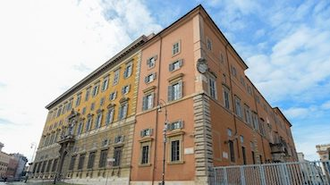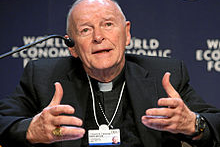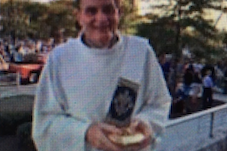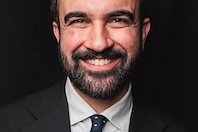Vatican excommunicates Archbishop Vigano for schism

Dicastery for the Doctrine of the Faith headquarters - Image Vatican News
Source: Vatican Media
A press release from the Dicastery for the Doctrine of the Faith has declared the excommunication 'latae sententiae' incurred by the former nuncio to the United States, who does not recognize the legitimacy of Pope Francis or of the Second Vatican Council.
Archbishop Carlo Maria Vigano, former apostolic nuncio to the United States of America, has incurred excommunication latae sententiae for having abandoned communion with the Bishop of Rome and the Catholic Church.
A press release issued by the Dicastery for the Doctrine of the Faith states: "On 4 July 2024, the Congress of the Dicastery for the Doctrine of the Faith met to conclude the extrajudicial penal process referred to in canon 1720 CIC against the Most Reverend Carlo Maria Vigano, titular Archbishop of Ulpiana, accused of the reserved delict of schism (canons 751 and 1364 CIC; art. 2 SST)."
The communique continues: "His public statements manifesting his refusal to recognize and submit to the Supreme Pontiff, his rejection of communion with the members of the Church subject to him, and of the legitimacy and magisterial authority of the Second Vatican Council are well known.
"At the conclusion of the penal process, the Most Reverend Carlo Maria Vigano was found guilty of the reserved delict of schism.
Further, the press release notes: "The Dicastery declared the latae sententiae excommunication in accordance with canon 1364 1 CIC. The lifting of the censure in these cases is reserved to the Apostolic See."
Finally, the statement says: "This decision was communicated to the Most Reverend Vigano on 5 July 2024."
The case against Vigano
On 20 June, Archbishop Vigano went public announcing the charges against him. The prelate took to social media platform 'X' (Twitter) to publish the full text of the decree summoning him to Rome to answer the charges against him. The summons offered him the opportunity to defend himself or appoint an advocate to do so, and to appear in person or present a written defence.
As he did not choose to avail himself of these opportunities within the specified time limit, he was assigned a public defender who undertook Vigano's defence according to the norms of law.
On several occasions in recent years, the former nuncio to the United States had declared that he did not recognize the legitimacy of Pope Francis or of the Second Vatican Council. Certain crimes in canon law incur an automatic ('latae sententiae') penalty from the very fact of having committed the offence; for the delict of schism, the penalty is excommunication.
According to the Code of Canon Law (canon 1331, paragraph 1), an excommunicated person is prohibited from celebrating the Sacrifice of the Eucharist and the other sacraments; receiving the sacraments, administering sacramentals and celebrating the other ceremonies of liturgical worship, and from taking an active part in the celebrations listed above. Further, they are prohibited from exercising any ecclesiastical offices, duties, ministries, or functions; and from performing acts of governance.
The second paragraph of canon 1331 lists consequences that follow from the latae sententiae excommunication being formally declared.
Excommunication is considered a 'medicinal' penalty that aims at inviting the offender to repentance. As such, there is always the hope that the subject of excommunication will return to communion.


















